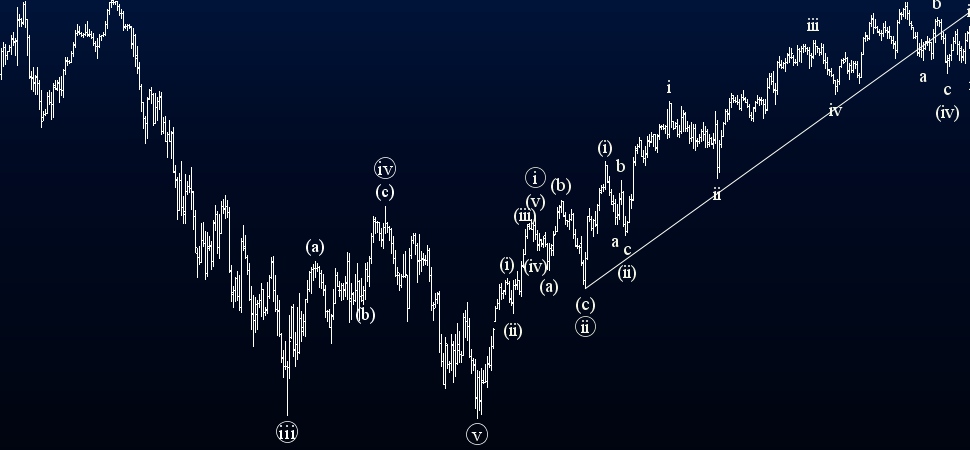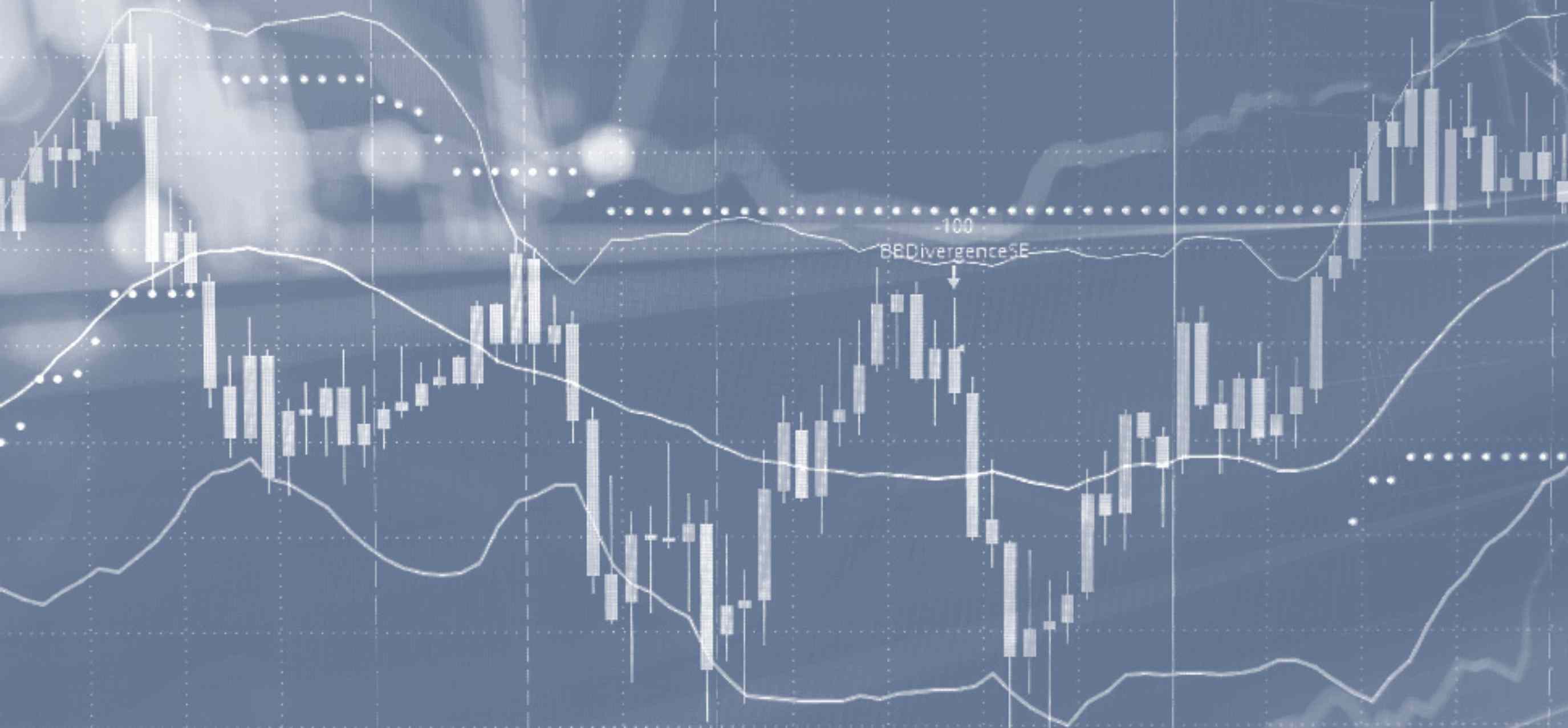05.04.2024
Евгений Лебедев
412

Sometimes the terminology used in the financial markets can be confusing, and Forex trading certainly doesn't make it any easier. Some novice traders don't quite understand the meaning of the terms spot and futures. Understanding these concepts is fundamental for any investor interested in financial markets such as Forex.
Characteristics of spot and futures transactions
When we talk about a spot transaction in the market, we are referring to a transaction that takes place immediately. The spot price of a commodity, currency or stock is the quote given for an immediately executed buy/sell transaction, the settlement date of which is usually two business days after the trade execution date. The spot price is set at the time the transaction is finalized. The spot market operates 24 hours a day and transactions can be executed through a bank, by telephone or over the Internet.
Pricing policy
Spot and futures prices are slightly different, and transactions are executed quite differently. A futures contract between two parties sets or fixes the price at the time of the transaction, but the transaction itself does not have to be executed or settled immediately. Both parties may agree that the transaction will be executed at a later date beyond the day or two characteristic of spot trading.
When the contracted date arrives, the transaction is executed, the buyer makes payment, and the seller delivers the currency, commodity, or stock according to the agreed upon terms. In many cases, the forward price is fixed, but delivery of the asset occurs after three months (in standard forward contracts). Futures contracts are also traded on centralized futures markets such as the Chigado Commodity Exchange (CME), although a significant portion of futures transactions take place in over-the-counter markets.
Key difference between spot and forward transactions
The main difference between spot and forward foreign exchange transactions is the actual delivery of the assets. In futures trades, the price is set when the contract is executed or terminated and the currencies are exchanged. In Forex spot, the price is determined at the time of the transaction, and the physical exchange of currencies takes place immediately, at the exact moment of trading or within a short period of time (in most cases, this period, also known as the spot date, is two business days after the trade date of the transaction). However, many futures traders tend to close out their positions before the contracts expire.

Spot Trading
Spot trading in Forex also provides access to high levels of liquidity and lower trading costs than futures. Unlike these derivatives, spot trading does not include commissions and other costs associated with futures trading, such as NFA fees (in the case of US-based brokers), which are usually passed directly onto traders.
Difference between spot and futures in Forex
Spot Forex trades are trades that are entered into immediately, with settlement usually occurring within two business days of the trade date. Forward deals, on the other hand, involve an agreement between two parties to exchange currencies on a certain date in the future at a price set at the time of the transaction.
How the spot Forex market works
In the spot market, currencies are exchanged instantly at the price in effect at the time of the transaction. Transactions can be made 24 hours a day through banks, over the phone or online.
Features of futures contracts
Forex futures contracts are an agreement between two parties to exchange currencies at a future date at a price set at the time of the transaction. Unlike spot deals, the transaction is not immediate and can be executed on centralized or over-the-counter futures markets.
What is the main difference between spot and forward trades in Forex
The main difference lies in the actual delivery of the assets. In spot trading, the physical exchange of currencies takes place directly at the time of the transaction, while in forward contracts, the delivery of currencies is made at an agreed date in the future.
What are the advantages of spot trading
Spot trading in Forex offers access to a high level of liquidity and lower trading costs compared to futures. Moreover, there are no commissions and costs involved in trading futures, which makes spot trading more attractive to many investors.
To conclude, I would like to emphasize the importance of investors understanding the difference between spot and futures transactions in the financial markets. Spot trades involve an exchange at the current market price, while futures contracts set a price for a future exchange. All of this has an impact on the strategy in trading, so it is important to keep up to date with the terminology and how it is applied in the market.
